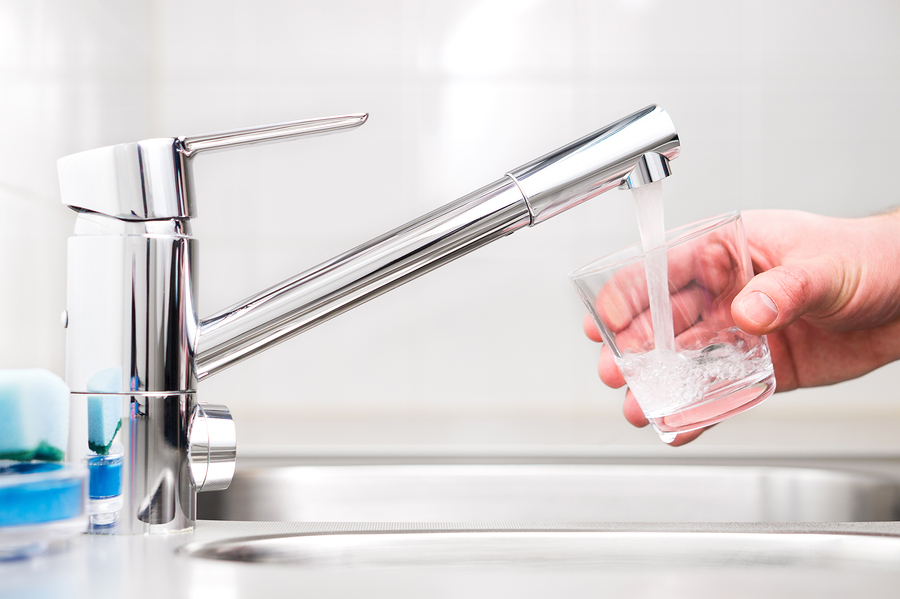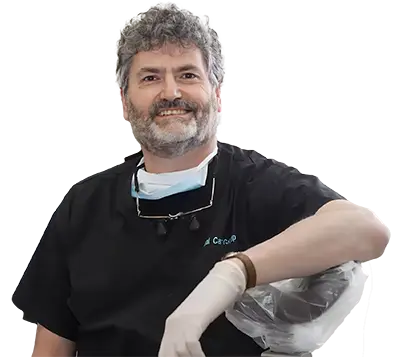Dry mouth isn’t just a sign that you should be drinking more water – it’s also a major problem in and of itself!
That’s because saliva is an important part of your mouth. You may not notice it, but your saliva does much more than just keeping your mouth wet.
Not to mention, chronic dry mouth is often a symptom of other oral health problems!
Quick facts: what saliva does
The salivary glands that are found on the lips, tongue, gums, cheeks and other parts of the mouth. Their main job is to – you guessed it – produce saliva.
Saliva is generally made up of:
- Water
- Minerals
- Proteins
- White blood cells
- Enzyme called amylase
Fun fact: our bodies produce almost 1-2 litres of saliva a day.
And when your body doesn’t produce enough, you’ve got a case of dry mouth!
Saliva plays a significant role in one’s oral health and mouth functions, hence the importance of constant saliva production.
Digestion
May as well start with the most obvious use for saliva, right?
Saliva is very important in helping you chew and ingest food.
The aforementioned enzyme amylase helps break down food, making it easier to consume.
Not to mention, it is also helps crucial in processing fats and starches – around 30% of starch digestion occurs in your mouth and not your stomach.
Gum disease and tooth decay
Did you know your mouth has built-in protection from tooth decay and gum disease?
And it’s all thanks to saliva!
Many cases of gum disease and tooth decay are caused by bacteria – in particular, bacteria that attack your enamel and gums.
Thankfully, bacteria helps wash away much of this bacteria before it can get a solid foothold in your mouth (of course, that’s no substitute for brushing and flossing!)
Saliva also contain antimicrobial agents that kill certain types of harmful bacteria.
Neutraliser
Acidic food and your teeth is a bad combination: your enamel is sensitive, and acidic foods can wear it down.
By washing away acid, saliva protects your teeth. Additionally, saliva also contains components that neutralise your mouth and restore acidity levels to a neutral baseline level.
Now, on to dry mouth
It’s normal to experience a dry mouth every now and again.
For example, maybe you just came back from a jog. Or, you’re about to get up on stage to deliver an important speech. Maybe you’re just stressed and dehydrated in general.
Each of these examples is perfectly normal. It’s when dry mouth is constant however that we have a problem!
Dry mouth (also known as xerostomia) is when one’s salivary glands simply don’t produce enough saliva.
It’s not a disease or condition itself, but it’s a frequent side effect of other medical conditions including:
- Diabetes
- Inflammation (mucositis)
- Nerve damage
- Radiotherapy
- Sjögren’s syndrome
- Some medications
As we established before, saliva plays a key role in maintaining healthy gums, teeth and more. Needless to say, constant dry mouth can severely affect your oral health!
On top of those, dry mouth can also lead to:
- Dry and sticky feelings on your mouth and throat
- Bad breath
- Dry and cracked lips
- Loss of sensation and taste
- Mouth sores

Solutions to dry mouth
If you suffer from dry mouth, we recommend scheduling an appointment with your Armadale dentist.
Like we mentioned above, the causes of dry mouth are many, so you’ll need a professional’s help to figure out what’s causing your unique case (and more importantly, how to fix it!)
Before you check into your local dentist however, there are a couple of things you can do to stimulate saliva production in your mouth…
Bottoms up!
One of the most common causes of dry mouth is dehydration.
Your mouth needs water to create more saliva – needless to say, drinking plenty of water is a simple but effective way of treating dry mouth.
Not all drinks are made equal
Yes, it’s important to keep hydrated if you want to avoid dry mouth (and to stay healthy in general).
However, certain drinks are best avoided, as they make dry mouth even worse!
In particular, you’ll want to avoid caffeine-rich drinks like coffee and tea, as they can dry out your mouth (or at least, wash your mouth out afterwards with water!)
Stimulate saliva flow
One simple way to keep your salivary glands on the go is by giving them something that triggers saliva production.
Chewing gum is a great tool for stimulating saliva when your mouth is feeling dry – just be sure to go sugar-free!
Become a picky eater
Have you ever noticed that certain foods leave your mouth feeling dry? That’s because they do – as such, you’ll want to avoid them!
In particular, you’ll want to minimise salty and spicy foods, as they can make your dry mouth even worse.
Talk to an oral health professional
In many cases, it can be hard to figure out the exact cause of your dry mouth. If dry mouth refuses to go away, a trip down to your dentist might be in order.
A professional dentist can help you figure out the cause of your case of dry mouth.
Once checked, their expertise can help you figure out the next step by fixing habits, making dietary suggestions and recommending further treatments if needed.
Fix your dry mouth today – contact your local Armadale dentist!
Oral health is about much more than just your teeth – it’s about maintaining your entire mouth.
And a crucial part of that is avoiding dry mouth.
Dental Care Group’s multidisciplinary team look after every aspect of your oral health. Our Armadale dentists create personalised oral health programmes for your unique oral health challenges, whatever they may be.
On top of preventing cavities, gingivitis, and other dental diseases, that also includes providing treatments for chronic cases of dry mouth.
Contact your dentist in Armadale today on (03) 9509 1500, or click here to ask us a question and we’ll get back to you ASAP!

